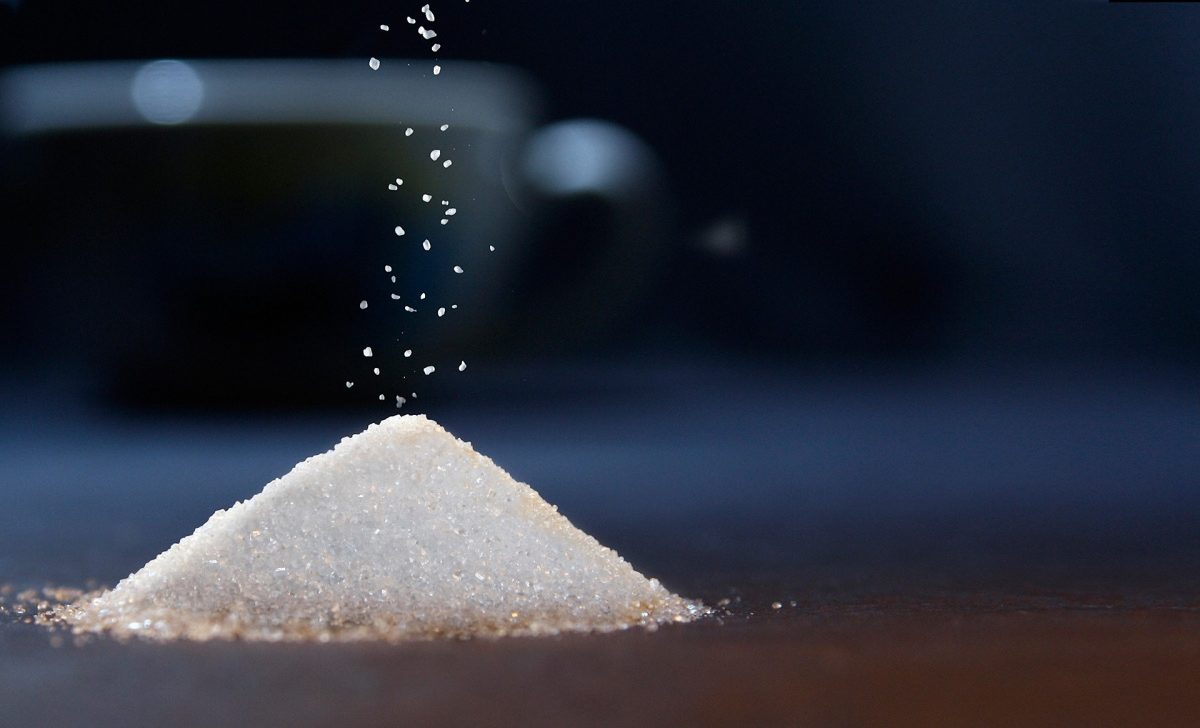
Do Artificial Sweeteners Increase Your Cancer Risk?
Ethan Boldt via Dr. Axe – The widespread use of artificial sweeteners occurred, at the end of the day, because food and beverage manufacturers saw a business opportunity: They could tease their low-calorie foods or even zero-calorie drinks to potential customers who were looking to cut back on their calorie and sugar consumption.
The bonus sounded too good to be true: You could enjoy the taste (okay, not quite like the real thing but close) of a soda or some chewing gum, for example, but without the calories, all the while helping your trim down. A win-win, right?
That, of course, is not how it’s worked out. Already linked to worsening several chronic diseases, now artificial sweeteners are definitively linked to one of the worst diseases: cancer.
Study: Artificial Sweeteners and Cancer Risk
While artificial sweeteners were already linked to several chronic diseases, a group of French researchers noted the safety of these food additives remains a debated topic and conflicting reports abound. “In particular, their carcinogenicity has been suggested by several experimental studies, but robust epidemiological evidence is lacking.”
Therefore, their objective was to examine the associations between artificial sweetener intakes and cancer risk, and this type of study was the first of its kind (investigating intakes as well as different types of sweeteners). The most commonly consumed artificial sweeteners were aspartame, acesulfame-K and sucralose, so they received the most scrutiny.
Over 100,000 French adults were included in the study, with a median follow-up time of just under 8 years. Dietary intakes and consumption of sweeteners were tracked daily. Meanwhile, adjusted for other factors, links between sweeteners and cancer were assessed.
In the end, researchers found a link between some artificial sweeteners — especially aspartame and acesulfame-K — and an increased risk for cancer. Higher risks were also recognized for breast cancer and obesity-related cancers.
What It Means
Simply put, these results suggest that artificial sweeteners “may represent a modifiable risk factor for cancer prevention,” says the authors. Remove them from your diet, lower your cancer risk. Seems like a no-brainer.
Ultimately, of course, such a finding will also apply pressure to health and safety agencies across the world when it comes to the regulation of foods, beverages and other products that use artificial sweeteners. Study authors are already asking the European Food Safety Authority to re-evaluate food additive sweeteners.
How to Avoid Artificial Sweeteners
1. Remove all products that contain artificial sweeteners from your diet
Maybe you’re one of those people who eat a pretty healthy diet and consider a diet soda, for example, part of that approach. This study should dispel that notion.
While many so-called diet foods and drinks can even be addictive, this study proves that these products are not worth the risk (i.e. cancer risk).
2. Do a solid label check to make sure artificial sweeteners aren’t sneaking into your diet
The diet sodas and “sugar-free” chewing gums are pretty obvious. But did you know that artificial sweeteners are often found in fiber supplements, flavored water, meal replacement bars, sports drinks, yogurt and even vegetable juice?! Scour that nutrition label before purchasing.
3. Opt for natural low-calorie sweetener instead
We’re not advocating that you suddenly switch back to sugar for your bit of sweetness (though a little can’t hurt you). Instead, try the many great natural sugar substitutes that exist today, such as no-calorie options stevia and monk fruit as well as natural sweeteners raw honey, maple syrup, banana puree and dates.
For example, it’s easy to find soda, gum and even protein powder that’s sweetness comes from stevia rather than artificial sweetener.
To read the original article click here.






